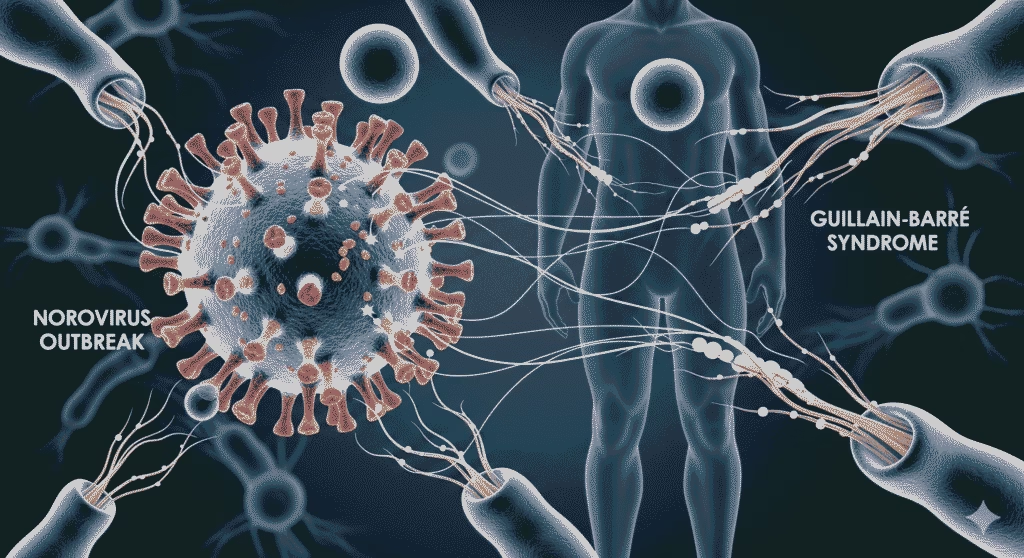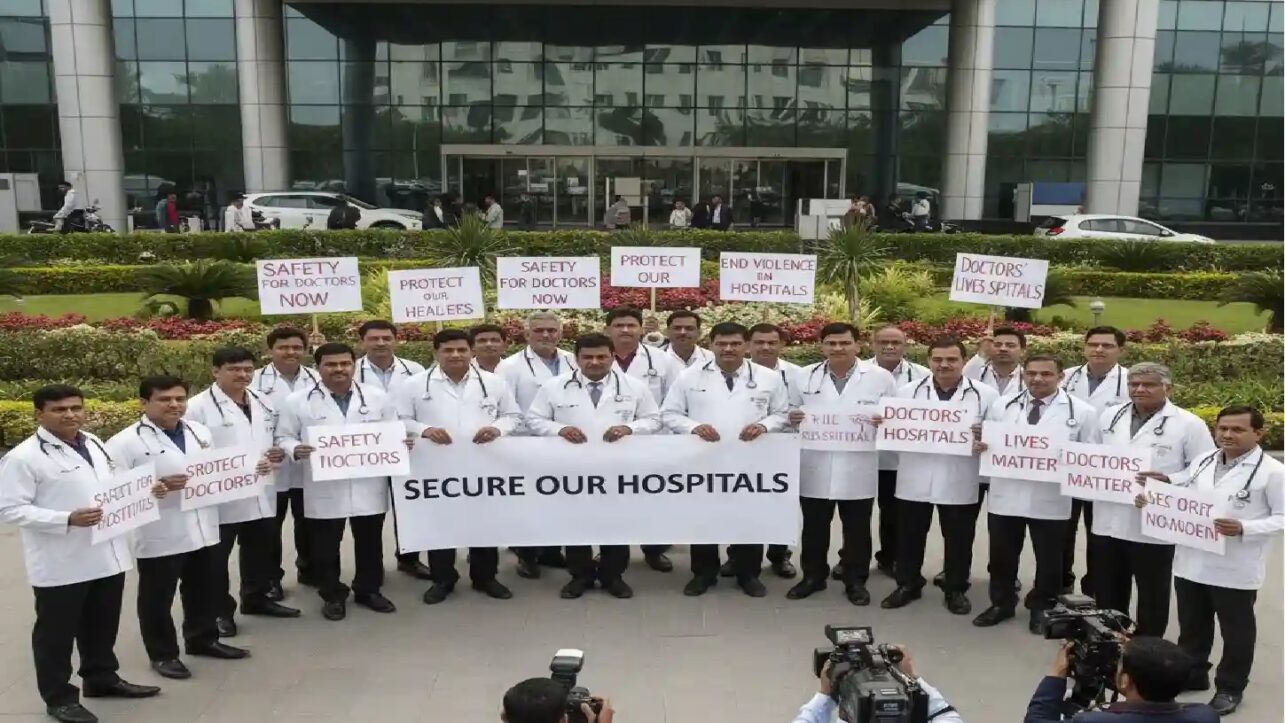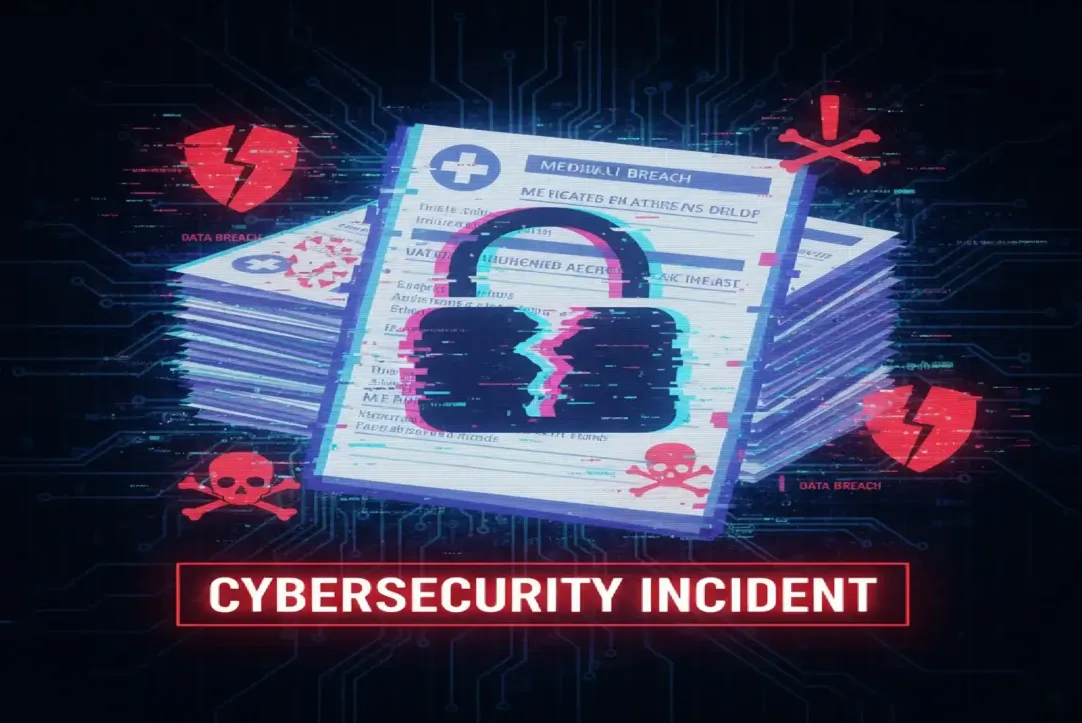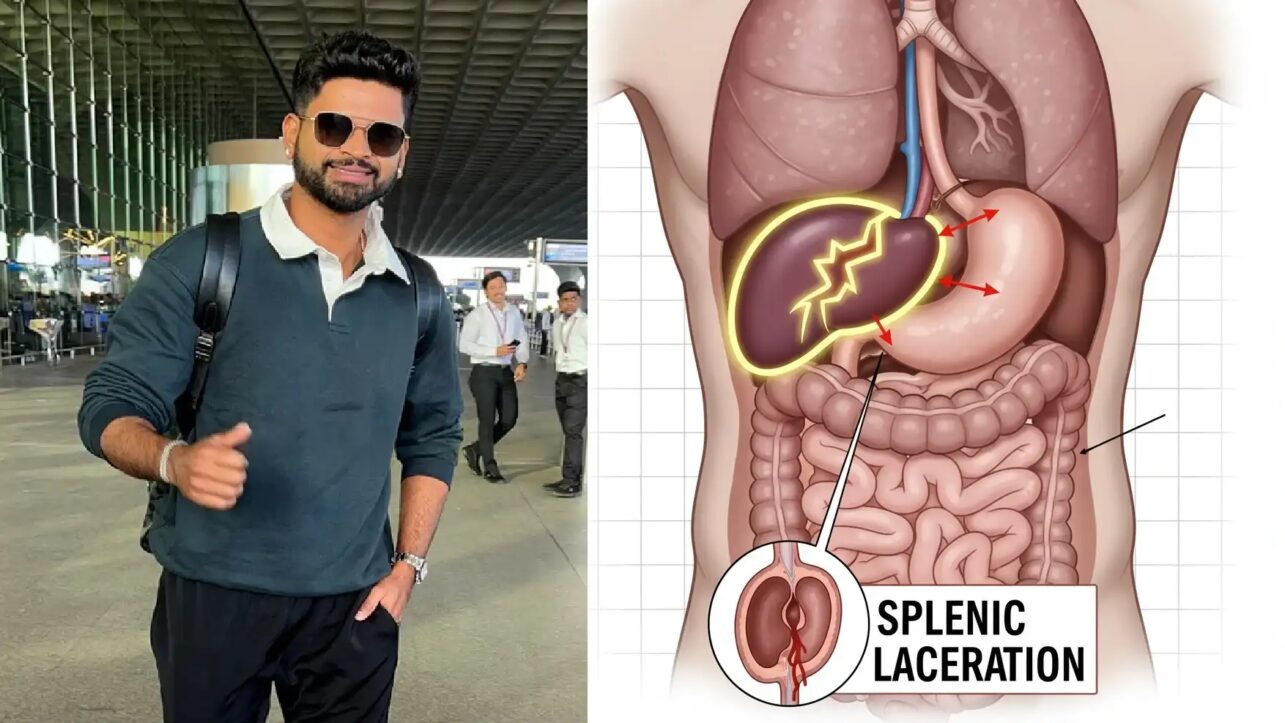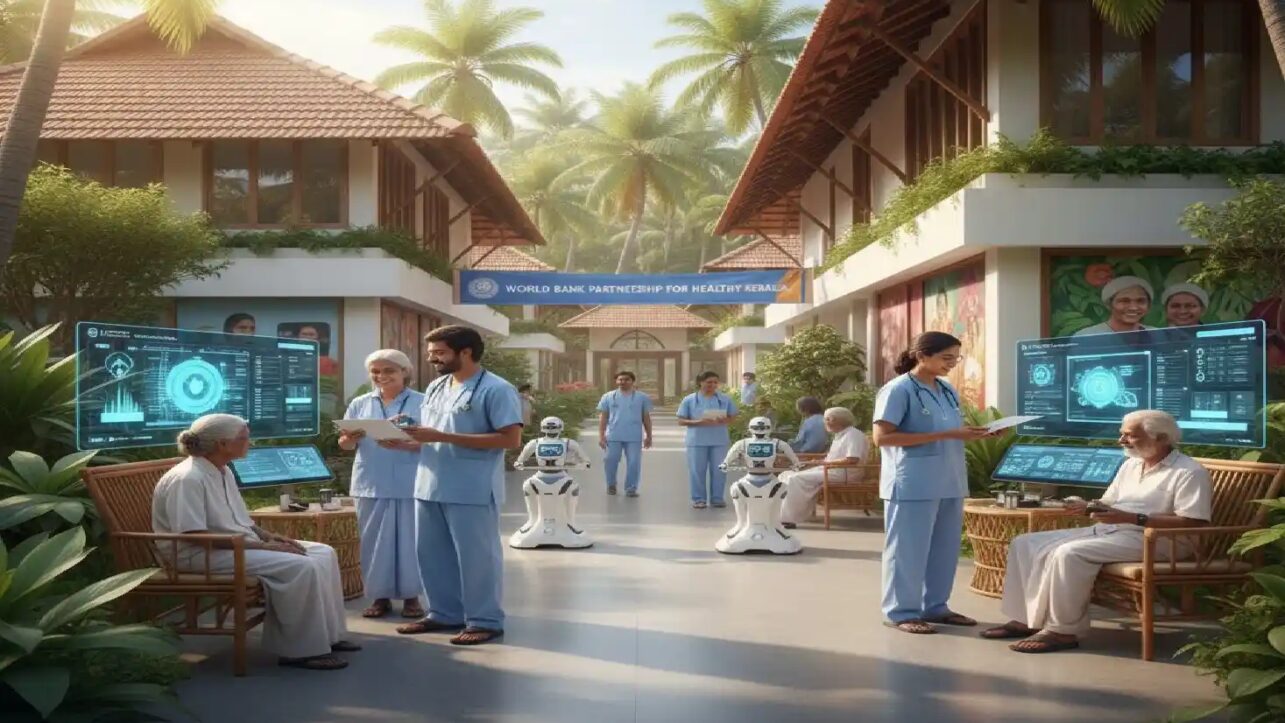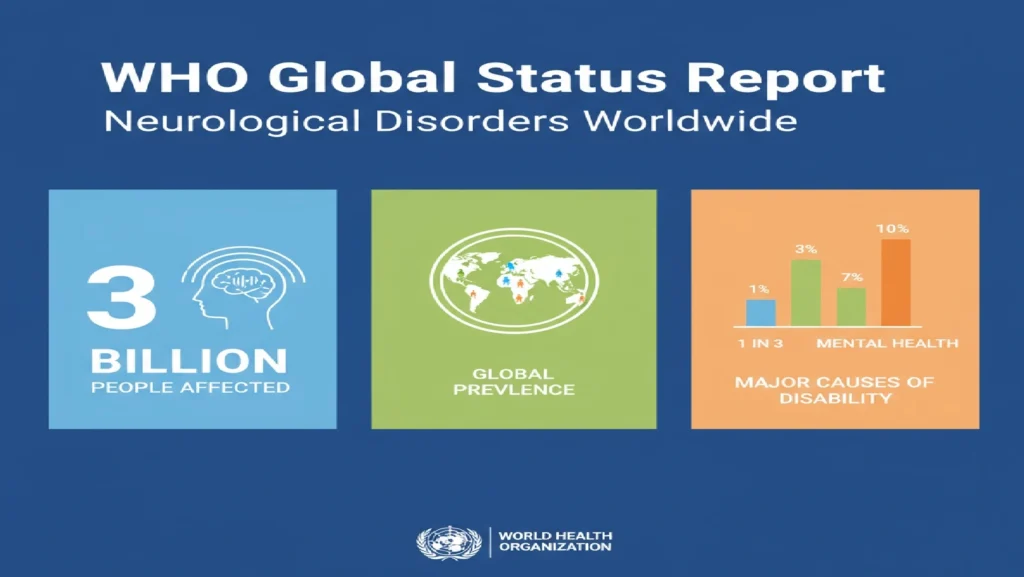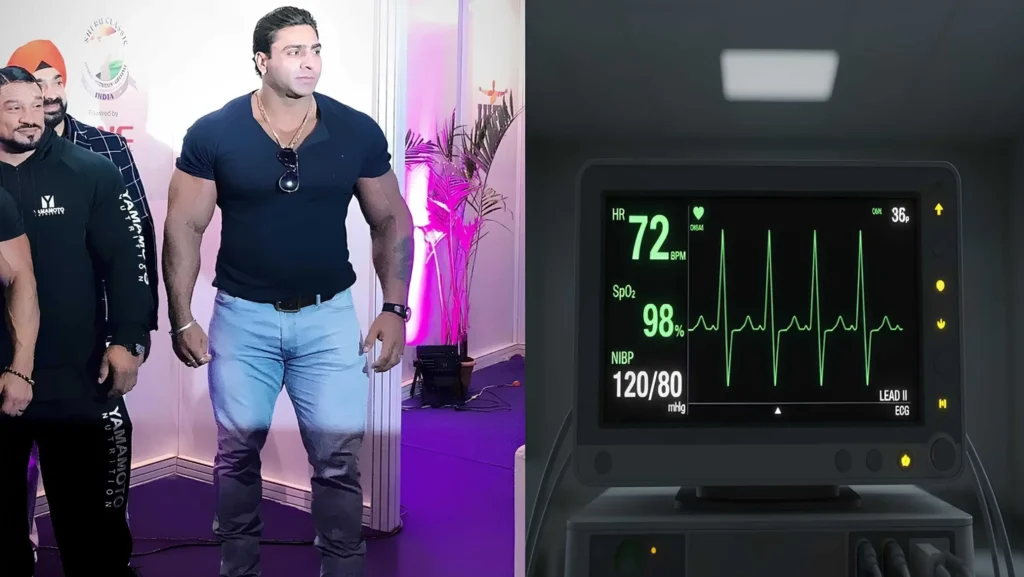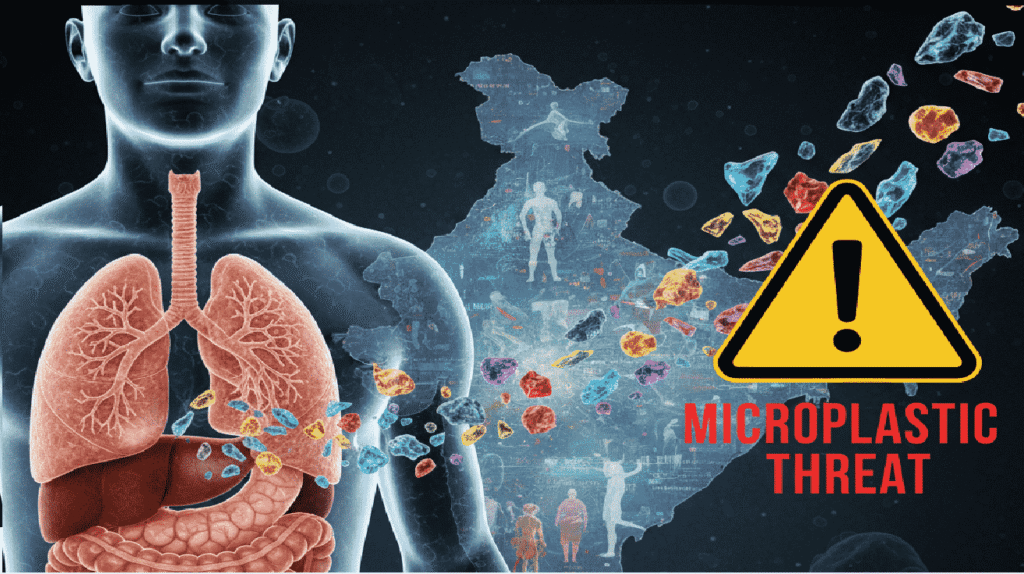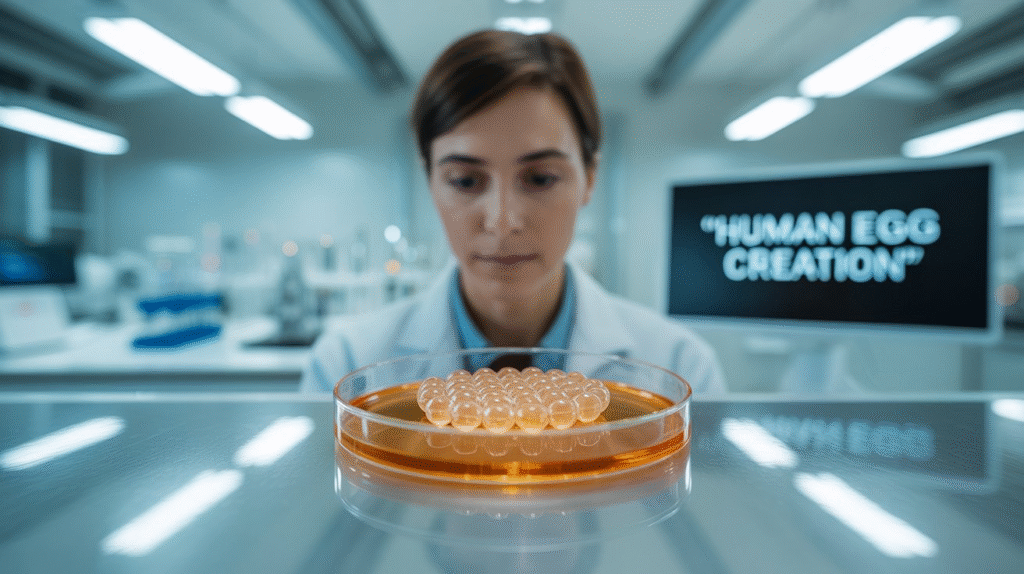A pioneering study from ICMR-NIV Pune published in ScienceDirect journal has uncovered a mutated norovirus strain linked to the city’s largest-ever Guillain-Barré Syndrome (GBS) outbreak, showing how a common stomach bug can trigger rare, paralyzing neurological complications. Yet, critical gaps in coverage—like patient outcomes and environmental tracing—leave open questions for families and the health community.
The Outbreak and Discovery
In early 2025, Pune’s hospitals reported an unprecedented surge in GBS cases—over 70 confirmed, many requiring intensive care. NIV research found that one in five of these patients carried a recombinant norovirus strain, GII.16[P16], uniquely mutated in those who developed GBS. Changes in the VP1 gene may drive immune attack on nerves—a process known as molecular mimicry.
We’re urging people not to panic,” says Dr. Rajesh Karyakarte of BJ Medical College, “norovirus-induced GBS is exceptionally rare. Simple hygiene remains the best defense, especially handwashing and safe food and water practices.
The Missing Pieces
Despite scientific advance, crucial gaps persist:
- Survivors’ recovery stories and long-term outcomes remain undocumented, leaving affected families in the dark.
- Demographic data on who is most at risk—children, elderly, or particular communities—has yet to be released.
- The public is left without actionable advice on what steps authorities are taking to address water safety or monitor for future outbreaks.
The Visible and Invisible Threats
Campylobacter jejuni, another gut pathogen, also appeared in several cases, with contaminated water suspected but the source unconfirmed. Doctors urge against panic, stressing that norovirus-triggered GBS is extremely rare, and stress the importance of hygiene and safe food practices.
Expert Advice: How to Prevent Norovirus Infection
Infectious disease experts underscore these key steps for reducing risk:
- Handwashing: Wash hands vigorously with soap and water for at least 20 seconds after using the toilet, changing diapers, and before preparing meals. Hand sanitizers do not work reliably for norovirus.
- Food Safety: Scrub and rinse fruits/vegetables. Cook shellfish and oysters thoroughly, reaching an internal temperature of at least 145°F (63°C). Avoid raw or undercooked shellfish.
- Surface Disinfection: Clean contaminated areas (especially after vomiting/diarrhea) with bleach-based household cleaners. Leave bleach on for at least five minutes before rinsing. Disinfect kitchen surfaces after any illness event, and routinely clean touchpoints like doorknobs, handles, and light switches.
- Laundry: Wash exposed clothes and linens with hot, soapy water and machine dry at high heat.
- Social Precautions: Anyone sick with norovirus should avoid preparing food or direct care for others for at least 48 hours after symptoms end. Caregivers should use disposable towels when possible.
- Travel Care: Use bottled water for drinking and brushing teeth in areas with uncertain sanitation. Avoid uncooked foods and communal buffets while traveling.
- Communal and Institutional Settings: Facilities should promptly isolate sick patients, intensify cleaning of shared spaces, and ensure safe food practices.
Norovirus is relentless and highly contagious through contaminated food, water, and surfaces—not via coughing or sneezing. Simple, thorough hygiene practices—especially persistent handwashing and careful kitchen routines—remain the primary defense.
As Pune recovers, experts urge citizens and public health officials to focus on robust preventive measures and clear communication on progress and risks, closing gaps and prioritizing community safety.

